General life quality has visibly improved in Myanmar during the last two years, however the government still need to do further work to combat poverty and disorder especially in its northern Rakhine State.
Myanmar has witnessed an improvement of living condition during the last two years of the government led by the National League for Democracy (NLD), the country's official news media reported Sunday.
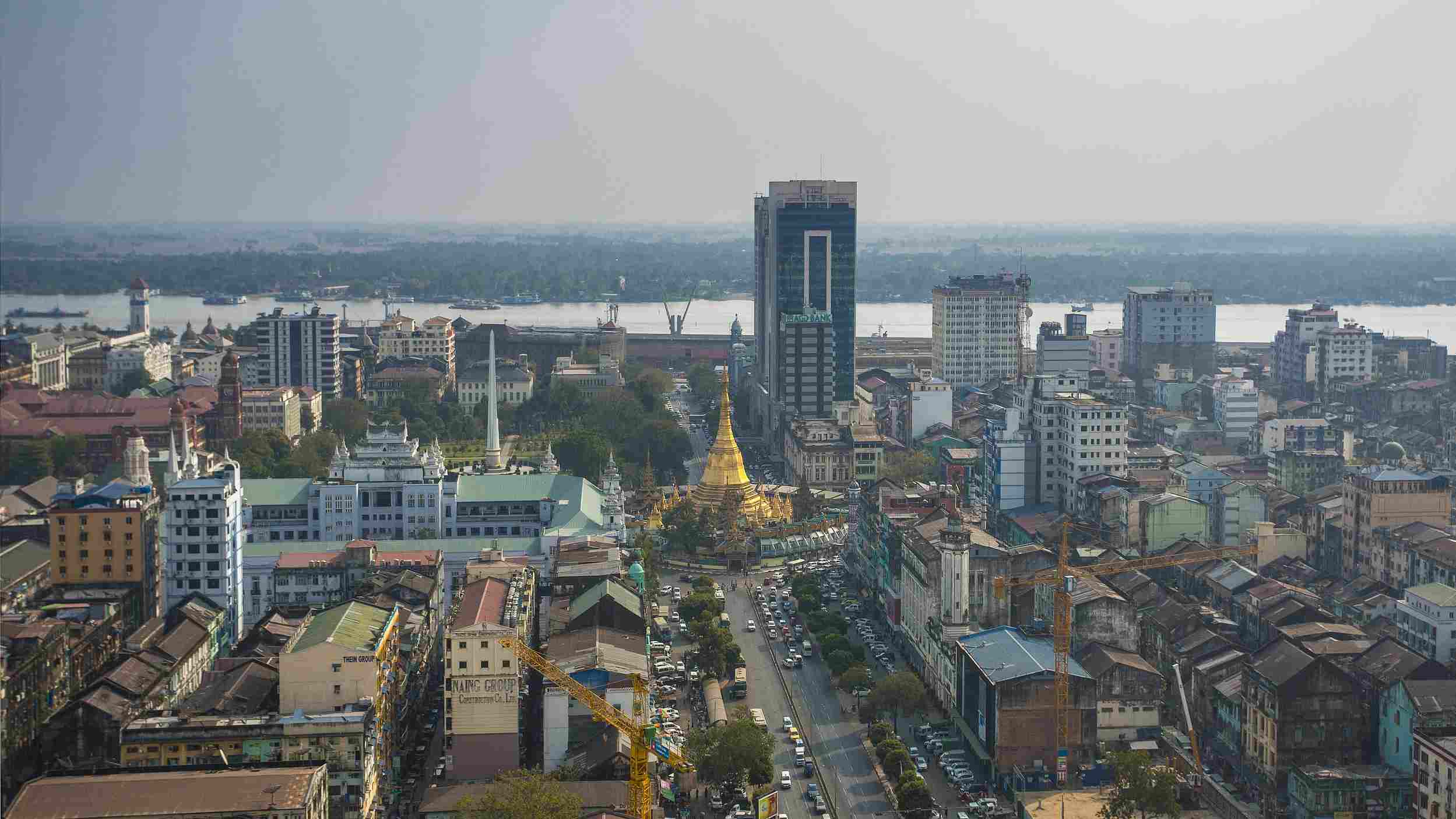
A shot (not dated) of streets in Yangon, Myanmar. /VCG Photo
A shot (not dated) of streets in Yangon, Myanmar. /VCG Photo
With cooperation from the UN Development Program (UNDP) and the World Bank, a government survey was conducted in 296 towns out of 330 between December 2016 and December 2017, which is representative of the union territory, its states and regions as well as urban and rural areas.
The development covered the fields of electricity access, education, accessory ownership and the use of technology.
The country's gross national income per capita is US $1,455 in 2017, one of the fastest growing economies in the East Asia and Pacific region and globally, according to the World Bank.
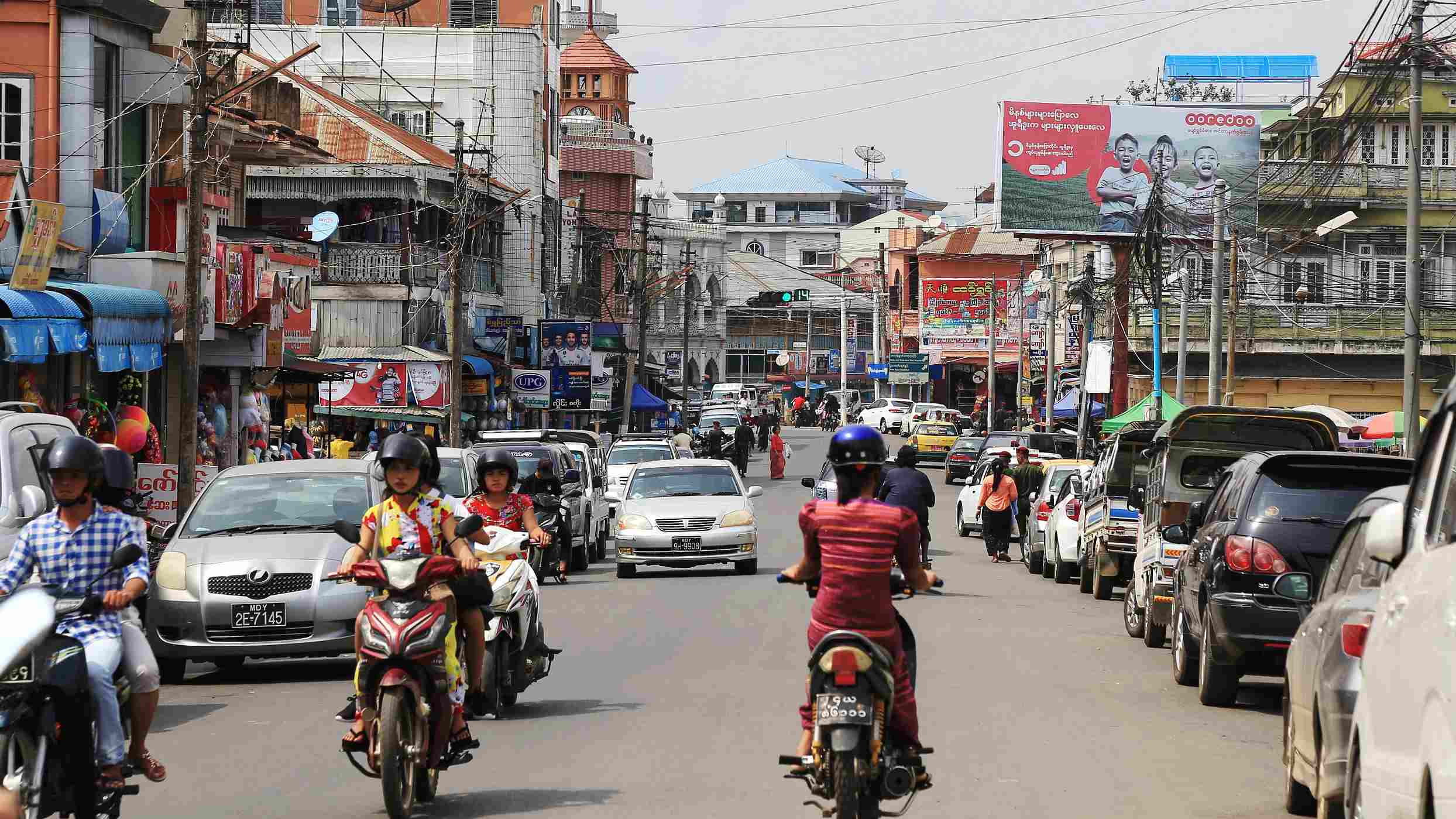
A shot of a street in Pyin Oo Lwinn, Myanmar on May 7, 2018. /VCG Photo
A shot of a street in Pyin Oo Lwinn, Myanmar on May 7, 2018. /VCG Photo
In 2015, only 3.4 million households had access to electricity in the country. However in 2017, it rose to 4.5 million households with local people using more household appliances, the survey said.
Between 2010 and 2017, the middle school enrollment rate in rural areas increased 20 percent points, while the high school enrollment rate nearly doubled in the rural areas during the same period.
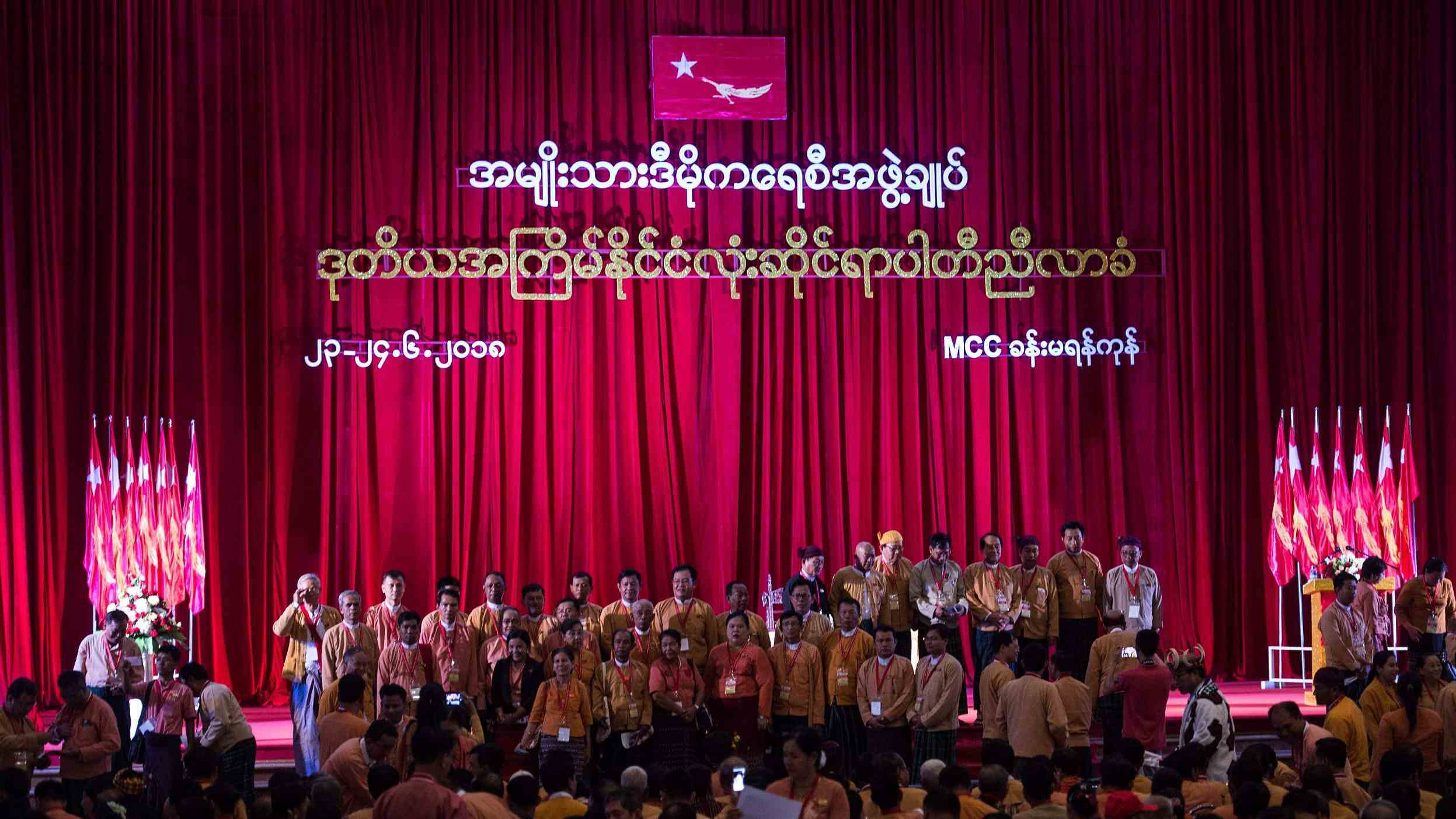
Hundreds of party members of the ruling National League for Democracy (NLD) gather in Yangon for its second nationwide congress on June 23, 2018. /VCG Photo
Hundreds of party members of the ruling National League for Democracy (NLD) gather in Yangon for its second nationwide congress on June 23, 2018. /VCG Photo
The gap between rural and urban areas in phone ownership expanded during the period following the telecommunication reform in 2014, the report added.
The survey data is able to provide the much needed national data for selected targets of the Sustainable Development Goals as well as formulate a responsive policy for future development of the country, said the UNDP.
The incumbent government took office on April 1, 2016.
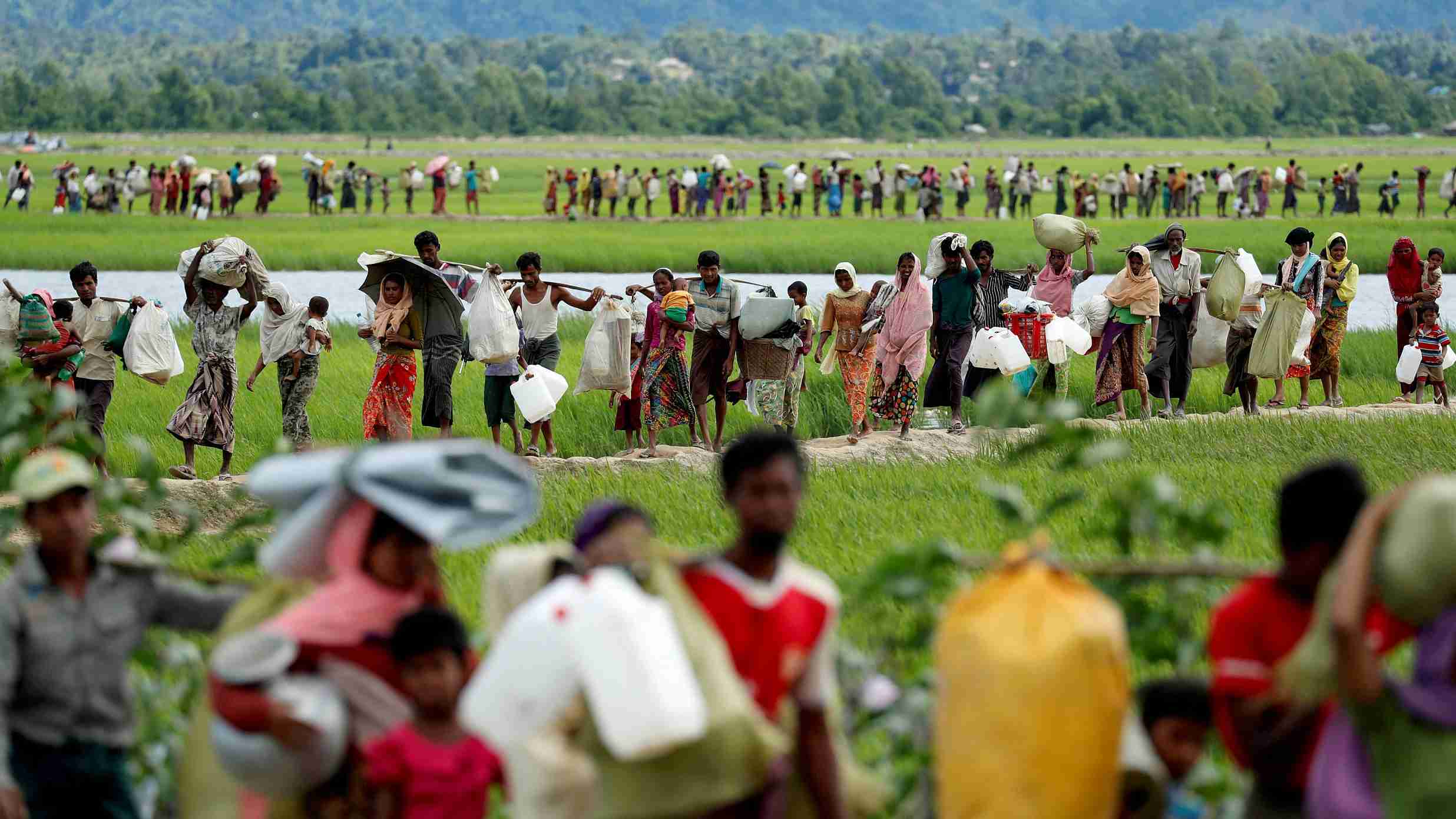
Rohingya refugees, who crossed the border from Myanmar two days before, walk after they received permission from the Bangladeshi army to continue on to the refugee camps, in Palang Khali, near Cox's Bazar, Bangladesh on October 19, 2017. /VCG Photo
Rohingya refugees, who crossed the border from Myanmar two days before, walk after they received permission from the Bangladeshi army to continue on to the refugee camps, in Palang Khali, near Cox's Bazar, Bangladesh on October 19, 2017. /VCG Photo
Over 600,000 ethnic Muslim Rohingya have fled the country's northern Rakhine State since August 2017.
On that date Rohingya activists are alleged to have carried out a deadly attack on security posts, prompting alleged retribution by Myanmar forces and vigilante groups.
The latest refugees joined hundreds of thousands of mainly Rohingya refugees who previously fled Myanmar across the border into neighboring Bangladesh.
Concerns over fled refugees resulted diverged opinions between Myanmar and Bangladesh.
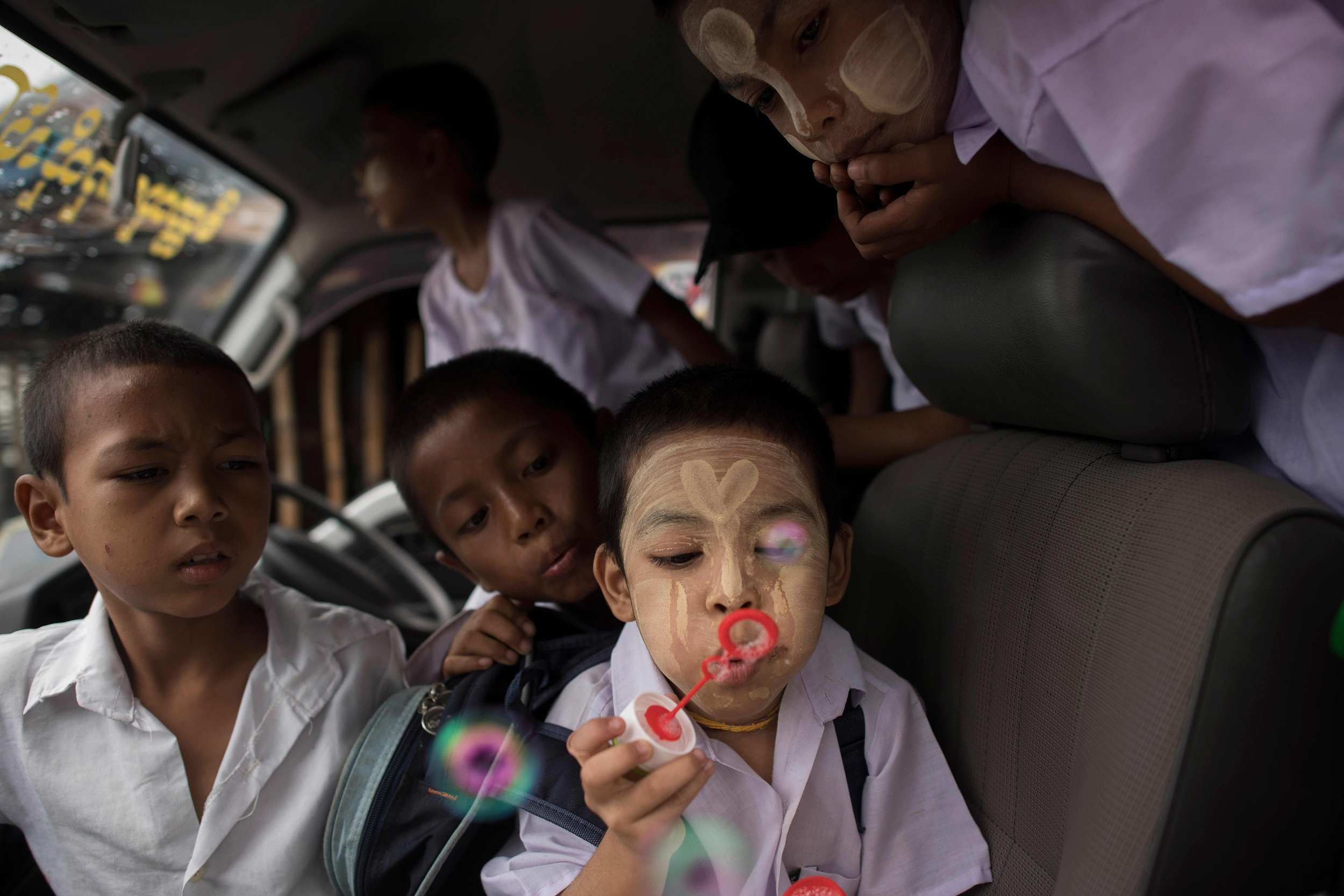
Myanmar school children wearing "thanaka", a traditional sun protection facial cosmetics play in a van in Yangon on June 11, 2018. /VCG Photo
Myanmar school children wearing "thanaka", a traditional sun protection facial cosmetics play in a van in Yangon on June 11, 2018. /VCG Photo
Recently, Myanmar government has stated that no violation of human rights will be condoned.
Allegations supported by evidence will be investigated and action taken in accordance with the law, according to Myanmar's Ministry of Foreign Affairs.
(Cover: A female passenger with her phone on the train in Yangon, Myanmar on May 19, 2018. /VCG Photo)
(With input from Xinhua News Agency)







